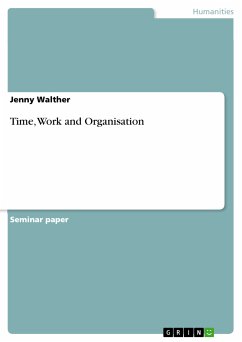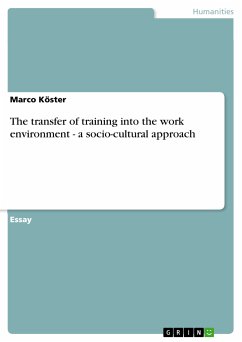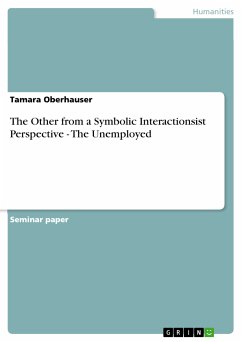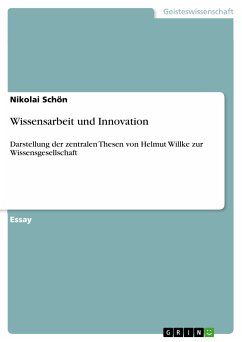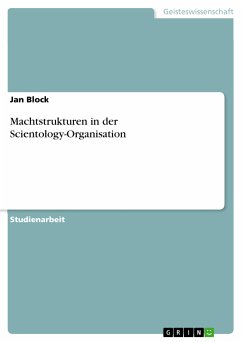Seminar paper from the year 2000 in the subject Sociology - Work, Education, Organisation, grade: 1,3, Ashcroft International Business School Cambridge, course: Contemporary Work and Organisational Life, language: English, abstract: Until our century the connection between work and the apprehension of time used to be a subject that was hardly observed. One of the main reasons may well be the fact that the everyday authority of time is so complete that it is usually taken for granted and, consequently, rarely appears to be problematic. With increasing awareness of the complex time-work relation, this issue is nowadays discussed from different perspectives within as well as beyond the field of sociology. To understand the sense of time and work in present days, it is interesting to examine how it has developed in history, especially under the influence of a changing industrial system. The focus of this essay will therefore be the question how capitalism has transformed the human sense of time. To discuss this I will concentrate on the theory of E. P. Thompson, its main ideas as well as arising problems and questions. I will start by outlining this theory in detail and continue to summarise its main points of criticism in connection with Richard Whipp's idea of an alternative model of time perception. Finally, I will conclude by giving a future outlook of the problem.
Bitte wählen Sie Ihr Anliegen aus.
Rechnungen
Retourenschein anfordern
Bestellstatus
Storno

